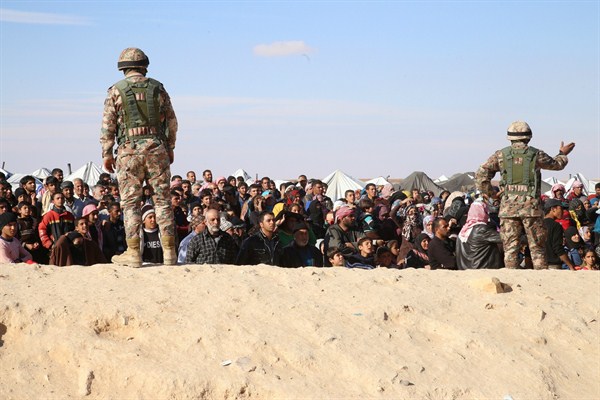Syria diplomacy is back. International alarm over the self-proclaimed Islamic State has given new urgency to a political settlement that would bring some stability to Syria after nearly five years of civil war, as well as align the country’s warring parties and interested world powers against the jihadi group.
The International Syria Support Group, which includes the United States, Russia, Iran, Saudi Arabia, Turkey and Qatar, has invested in a diplomatic process that made seeming progress in Vienna in November. In a joint statement subsequently endorsed by United Nations Security Council Resolution 2254, the group called for U.N.-supervised negotiations later this month between Bashar al-Assad’s regime and the opposition to establish some sort of consensual authority. The outside powers also want a nationwide cease-fire, a new constitution and new elections, all within 18 months. Talks between the government and opposition groups are scheduled for Jan. 25 in Geneva, although they may be delayed by Russia’s insistence on engineering the opposition delegation.
Of course, the horror of the regime and its allies blockading and starving a Sunni village outside Damascus, which U.N. Secretary-General Ban Ki-moon recently condemned as a war crime, has somewhat dampened optimism about good-faith negotiations.

